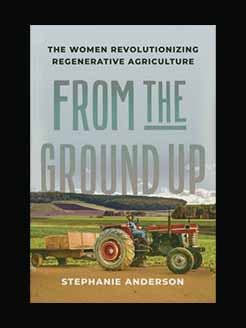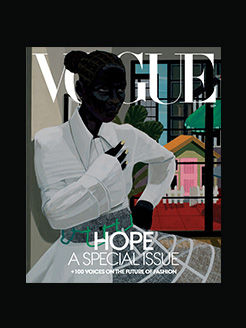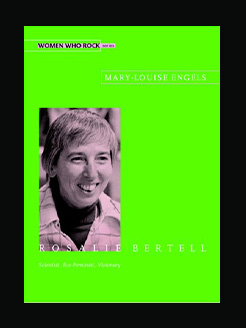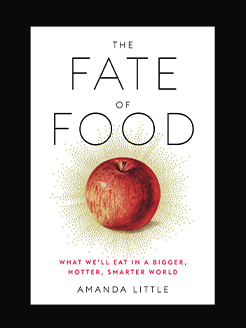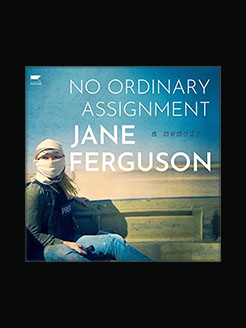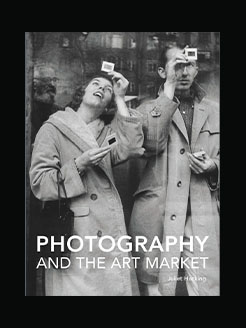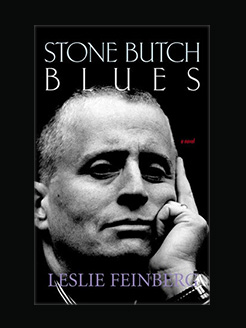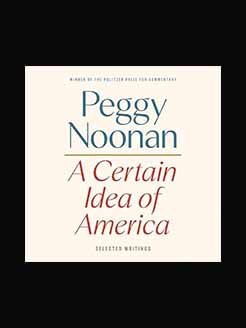Published in 2022
384 pages
Robin Coste Lewis is the author of Voyage of the Sable Venus, winner of the National Book Award for Poetry and a finalist for the Hurston/Wright Legacy Award and the Los Angeles Times Book Prize. The book was named a best book of the year by The New Yorker and The New York Times, and a best book of the last twenty years by Literary Hub. Lewis is also the coauthor, with Kevin Young, of Robert Rauschenberg: Thirty-Four Illustrations for Dante’s Inferno. The former poet laureate of Los Angeles, she holds a PhD in Poetry and Visual Studies from the University of Southern California, an MFA in poetry from New York University, an MTS in Sanskrit and comparative religious literature from Harvard’s Divinity School, and a BA from Hampshire College. Her work has appeared in The New Yorker, The New York Times, The Paris Review, Transition, and many other journals. Lewis, who has taught at Hampshire College, Hunter College, Wheaton College, and the NYU MFA in Paris, is writer-in-residence at the USC.
What is this book about?
A genre-bending exploration of poetry, photography, and human migration—another revelatory visual expedition from the National Book Award–winning poet who changed the way we see art, the museum, and the Black female figure. • Winner of the PEN/Voelcker Award for Poetry
Twenty-five years ago, after her maternal grandmother’s death, Robin Coste Lewis discovered a stunning collection of photographs in an old suitcase under her bed, filled with everything from sepia tintypes to Technicolor Polaroids. Lewis’s family had survived one of the largest migrations in human history, when six million Americans fled the South, attempting to escape from white supremacy and white terrorism. But these photographs of daily twentieth-century Black life revealed a concealed, interior history. The poetry Lewis joins to these vivid images stands forth as an inspiring alternative to the usual ways we frame the old stories of “race” and “migration,” placing them within a much vaster span of time and history.
In what she calls “a film for the hands” and “an origin myth for the future,” Lewis reverses our expectations of both poetry and photography: “Black pages, black space, black time––the Big Black Bang.” From glamorous outings to graduations, birth announcements, baseball leagues, and back-porch delight, Lewis creates a lyrical documentary about Black intimacy. Instead of colonial nostalgia, she offers us “an exalted Black privacy.” What emerges is a dynamic reframing of what it means to be human and alive, with Blackness at its center. “I am trying / to make the gods / happy,” she writes amid these portraits of her ancestors. “I am trying to make the dead / clap and shout.”
